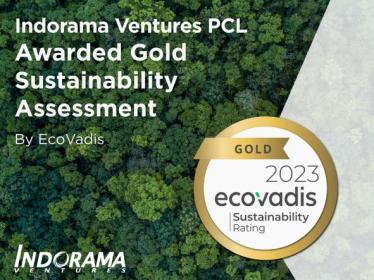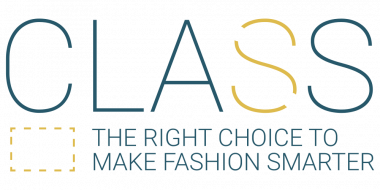RadiciGroup: Zeta Polimeri becomes Radici EcoMaterials Srl
A little over three years have passed since RadiciGroup announced the acquisition of Zeta Polimeri, an Italian company headquartered in Buronzo (VC) with over 30 years' experience in the recovery of pre- and post-consumer synthetic fibres and thermoplastic materials. Today, the company has become a full member of the Group with its new name Radici EcoMaterials Srl.
The new company’s long-standing know-how, combined with RadiciGroup’s as a whole, will create a virtuous production system that recovers worn-out materials (fabric, yarn and granules), or otherwise unusable materials, and processes them into raw materials available for other production cycles by taking advantage of industrial synergy.
Radici EcoMaterials is a strategic production site because it handles all the preliminary recovery stages: the sorting, processing and pre-treatment of materials, including those used for the production of post-consumer yarns and engineering polymers. In this sense, Radici EcoMaterials is in line with the most recent European policies on sustainable textiles, which address minimizing the share of materials destined for disposal sites, favouring instead more structured recycling solutions.
Radici EcoMaterials is also GRS certified. GRS certification ensures the complete traceability of its materials, which are made in a safe plant that meets the highest environmental and social certification standards.
The company is also equipped with a photovoltaic system and, for the portion of its energy needs not covered by the photovoltaic source, it partially relies on renewable energy. The goal is to use 100% green energy in the next few years, in accord with RadiciGroup's goals.
RadiciGroup



























